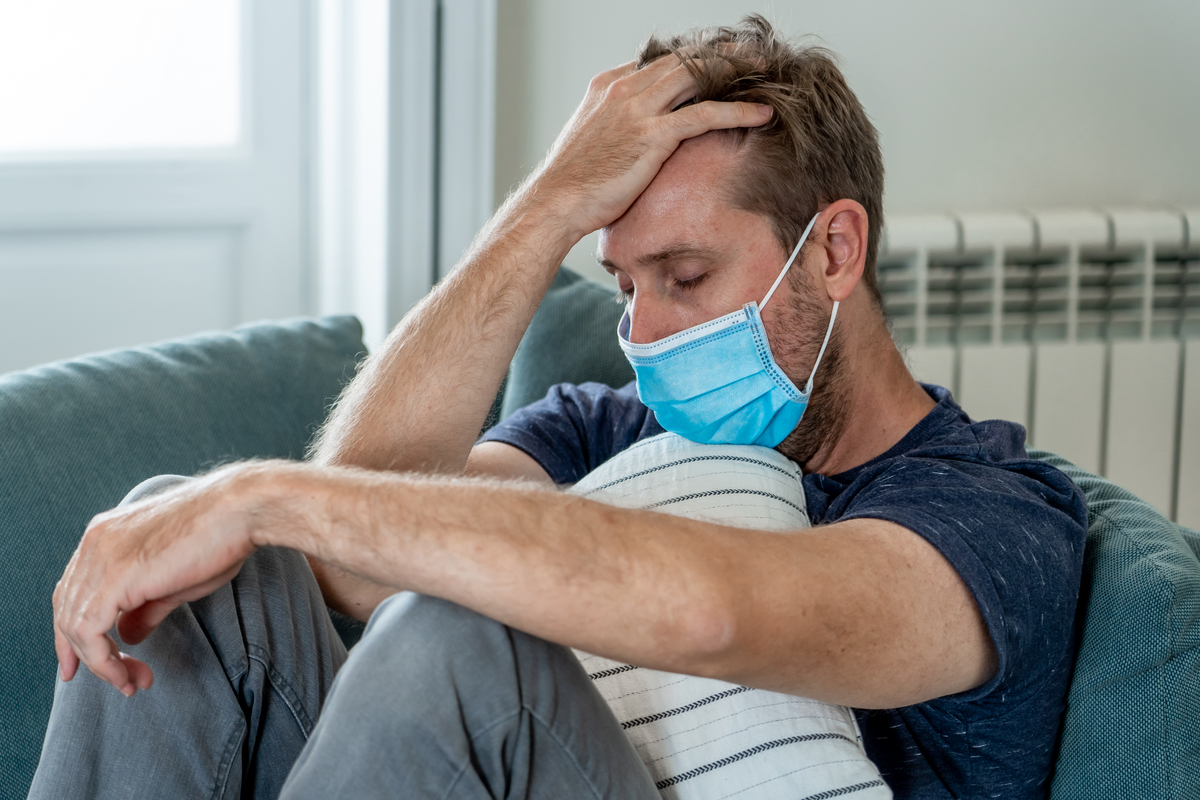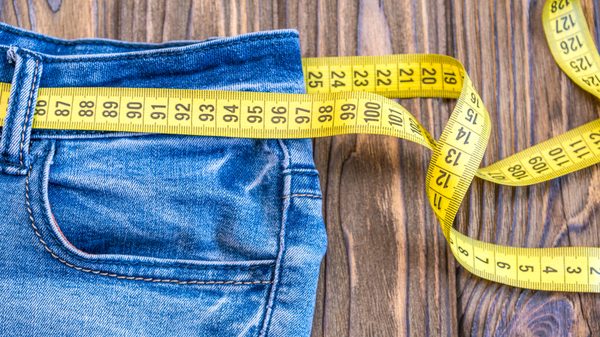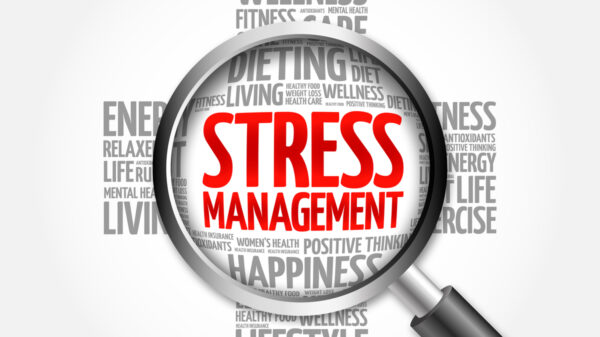In a pandemic crisis like the COVID-19, it’s normal for everyone, particularly because of social isolation, to experience higher levels of anxiety and distress.
Doctors and others are especially susceptible to the negative effects of mental health as they seek to balance the task of caring for patients and their families and friends.
All of this can have a negative impact on mental health.
Tips to avoid mental health breakdown during a pandemic
1. Taking care of mental health while staying at home
The majority of us are spending a lot of time at home, and we are no longer open to many of our daily social events.
It will encourage you to try to see it in your life as another time, not inherently a bad experience, even without you choosing it.
Life will be at a different pace, an opportunity to contact people in different ways. Contact others frequently on social networks, e-mails, and on the telephone, as they are all excellent ways to stay connected to your people.
- Create a new daily routine that takes care of you as a priority. You may try to read more or watch movies, do a practice routine, try new techniques of relaxation, or find new wisdom on the internet. Try to rest and see this as a new experience, if rare, that could bring its benefits.
- Make sure you have enough prescription drugs available to you for your mental health needs.
2. Avoid speculation and find reputable sources.
Speculation and rumor can boost your anxiety. You will feel more in control if you have access to good information about the virus.
Follow hygiene, such as the washing of hands for every 20 seconds with soap and hot water more frequently than normal (singing for yourself “happy birthday” for 20 seconds to make it clear to you). You should blow your nose, sneeze, or cough, eat or take care of food if you come home or work. Use the Hand Sanitizer and wash them at the next opportunity. If you can’t, just wash your hands.
If you sneeze, make sure you use tissue and dispose of it immediately and avoid going out if you are not feeling well.
3. Personal financial plan
This uncertainty may have a negative effect on your mental health if the pandemic has spread your expenses, decreased your wages, or left you confused about your prospects for work.
Work your finances this winter, including ensuring you receive any advantages and receive support for any debt issues you may have.
Using a planning tool to refurbish the household budget may be helpful, given various constraints. Notice that you can save money by not spending on items like socialization and travel. Keep this factor in your budget consideration.
Trying to remain in a secure financial or debt situation protects our well-being unbelievably.
4. Try to stay connected.
The way we are connected to others changes, but depending on whom you are and where you live, all of this happens at a different pace of time.
Advice differs considerably if you are protecting, and if you have a long-term physical health problem, pregnant, or over 70 years old, you will still have to take special caution.
You can concentrate on things if you do the following:
Management of stress
· Stay Active
Have a balanced diet
Stay connected with friends and family members through social media, but don’t try to make it sensational. Upload information from reliable sources if you share content and note that your friends may also be stressed.
Be aware that you periodically evaluate your behavior on social media. Connect with yourself and question yourself if the changes need to be adjusted. Are there specific accounts or individuals that increase your anxiety or worry? Take account of hashtags that cause you to become nervous. Have a look at them.
· Talk to children
It is important to include our families and children in our plans for good health. We should alert them and ask the kids what they heard about the outbreak. You should try to be supportive without causing any trouble.
The negative effect it has on our children must be minimized, and the truth should be explained to them. Talk with them about the news but try to prevent excessive exposure to the virus. Be as genuine as you can.
Try not to avoid the scary topic but engage in a way that is appropriate for it.
5. Anticipate distress
We read news about the outbreak and feel helpless and overwhelmed, particularly if you have been through trauma or a mental illness in the past or if you are shielding, are physically ill, or fall into one other category, which makes you more vulnerable to the effects of Coronavirus.
It is necessary to recognize these sentiments and remind each other to take care of our physical and mental health. We must also understand and prevent behaviors, such as smoking, drinking, and overeating, that cannot be helpful in the long term.
Try to comfort people you know who you can worry about and take a look at people you know who live alone.
6. Low mood or depression
Try mindfulness
It can be hard for you to feel connected to others or to the things you normally enjoy when you feel low.
Some research suggests that practicing mindfulness will help manage depression if you pay full attention to the present moment.
Set realistic goals
If you struggle with low mood, you might lose your self-esteem and feel like you are failing at all.
But beginning with realistic objectives will help you to feel good and increase your confidence. This can be dressed every day, for example, or prepare a meal yourself.
7. Physical health
If you feel nervous or low, you can have a hard time taking care of your physical health. However, taking small measures to care for your body may have a major impact on your mental health.
Eat regularly and stay hydrated.
Take care of your diet. Try eating healthy meals and maintaining a good diet as much as you can; this will improve your level of mood and energy. For more details, see our food and mood tips.
Our pages on eating disorders have details and tips to help if you have a tough relationship with food and eating.
Adopt a habit of drinking water regularly. It is critical for your health to drink enough water. If you drink or what fluids you drink, changing your routine can be of concern. You can set a reminder or use an application to remind you.
Stay active
Adopt a habit of workout routine, if possible. For all ages, there are several possibilities. When you spend time at home, you should try exercises at home. For example:
· Dance to music
Try mobilizing in your home by going up and down through stairs.
Engage in online workouts at home.
· Clean your home
Avoid sitting for too long. If you notice yourself sitting for more than an hour, get up and change your position.
8. Manage to follow the outbreak in the media
The pandemic is covered extensively in the press. It is necessary to strike a balance if you feel that the news causes huge stress.
Life should be a balance of everything, but if the news disturbs you, avoid watching them. You should educate yourself by being updated with worldly affairs, but never at the cost of disturbing your mental health.
Taking care of your mental health as lockdown eases
Locking is easier in various forms and at different times around the nations of the United Kingdom. Many of us face both threats and possibilities when we get out of lockdown.
We may see friends and family in person, play sports or return to work under social distance guidelines.
But people may find it difficult for mental health to make these longed-for improvements. The thought of being locked up while science is under discussion can also cause concern to those of us who are more vulnerable to the virus or live with mental health issues.
Helping others also
You should better equip to take care of others by taking care of yourself. It is particularly important to keep in touch with your friends and family during this time of social distance. Helping others with stress will allow you and your loved ones to feel less lonely through phone calls or video chatting.
Mental Health and Crisis
There are many ways to get assistance if you are struggling to cope. If stress comes in doing your everyday chores, call your health care provider.
People can think of suicide during times of severe stress. Suicide may be prevented, and assistance is easily available.













